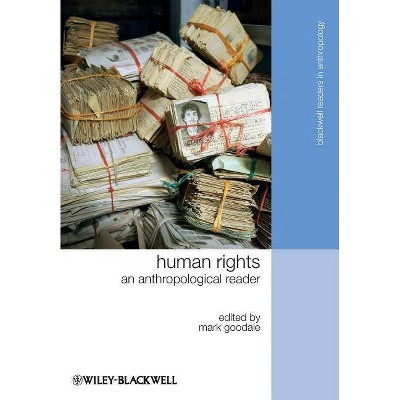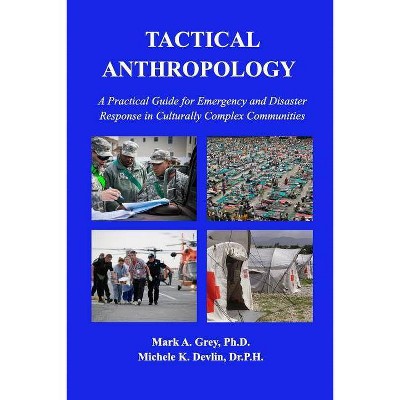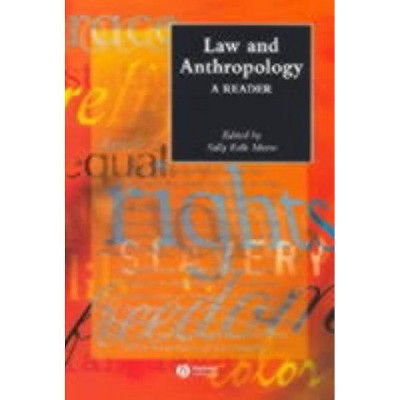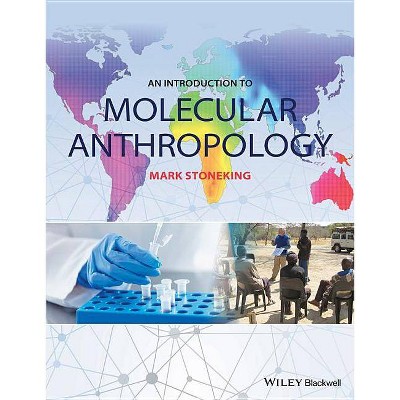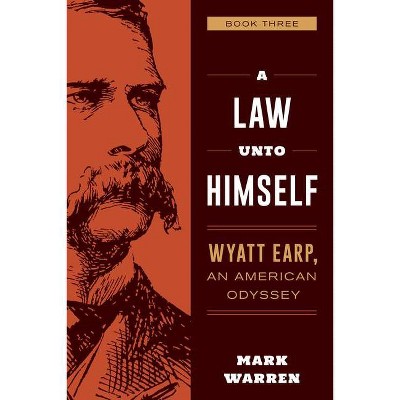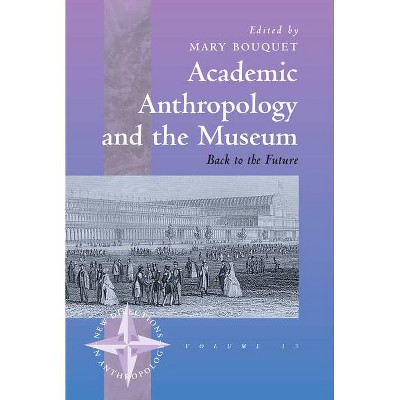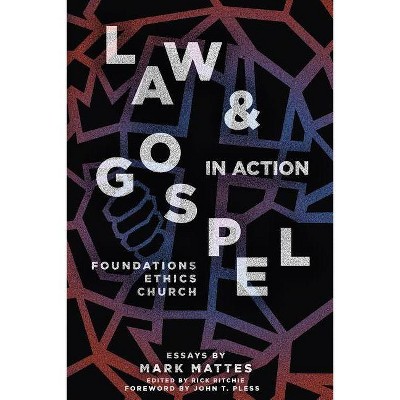Anthropology and Law - by Mark Goodale (Paperback)
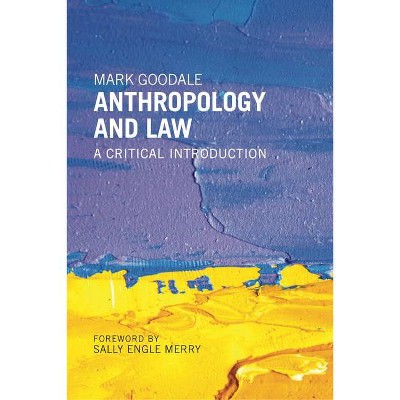
Similar Products
Products of same category from the store
AllProduct info
<p/><br></br><p><b> Book Synopsis </b></p></br></br><p><b>An introduction to the anthropology of law that explores the connections between law, politics, and technology<br></b><br>From legal responsibility for genocide to rectifying past injuries to indigenous people, the anthropology of law addresses some of the crucial ethical issues of our day. Over the past twenty-five years, anthropologists have studied how new forms of law have reshaped important questions of citizenship, biotechnology, and rights movements, among many others. Meanwhile, the rise of international law and transitional justice has posed new ethical and intellectual challenges to anthropologists. <p/><i>Anthropology and Law</i> provides a comprehensive overview of the anthropology of law in the post-Cold War era. Mark Goodale introduces the central problems of the field and builds on the legacy of its intellectual history, while a foreword by Sally Engle Merry highlights the challenges of using the law to seek justice on an international scale. The book's chapters cover a range of intersecting areas including language and law, history, regulation, indigenous rights, and gender. <p/>For a complete understanding of the consequential ways in which anthropologists have studied, interacted with, and critiqued, the ways and means of law, <i>Anthropology and Law </i>is required reading.</p><p/><br></br><p><b> Review Quotes </b></p></br></br><br>An updated introduction and overview of the field of legal anthropology is long overdue and Anthropology and Law will be welcome in many quarters. Goodale has done a service to the discipline and his volume is likely to become a classic text, required reading in a variety of courses, and a touchstone for years to come.--Rosemary Coombe, Tier One Canada Research Chair in Law, Communication and Culture, York University, Toronto, Canada<br><br>Anthropology and Law presents a much needed recent history of the field, focusing on its shifting contours and concerns in a post-Cold War era. It shows how tensions and debates amongst scholars have fueled theoretical innovation and moved research forward in productive ways. Rich in illustrative case studies and encompassing in theoretical depth and breadth, the book shows the importance of grounded real-world ethnographic scholarship to better understand the legal complexities of our current age.--Eve Darian-Smith, author of Laws and Societies in Global Contexts: Contemporary Approaches<br><br>By offering a personal account of the interdisciplinary nexus of anthropology and law, Goodale offers something more than an overview of a sub-discipline. He provides insight into (and through) a personal quest for knowledge, premised on breaking down the boundaries that regularly divide disciplines, realms of practice, and schools of thought. Goodale offers intellectual history, social theory, and politico-legal analysis in an accessible overview of a field that, in his hands, returns to the most ambitious questions of our time, the place of law in social development, political transition, protection of the dispossessed and marginalized, and, the ultimate anthropological question, how identity is shaped, how law influences who we are and how we belong.--Ronald Niezen, Department of Anthropology and Faculty of Law, McGill University<br><br>In Anthropology and Law, Mark Goodale elucidates how anthropology detaches the concept of law from its western moorings and takes a global perspective on the various ways that societies resolve disputes, enforce social norms, regulate power and authority and articulate ideas of the person. Goodales sparkling prose and brilliant analysis of the history and most recent developments in legal anthropology will appeal to experts and students alike.--Richard Ashby Wilson, Professor of Anthropology and Law, University of Connecticut<br><br>Mark Goodale has written a comprehensive account that encompasses most of what legal anthropology has brought to the academic fore since the early 1990s. That in itself is an important achievement, because such an overview has not yet been given in the form of a book -- and such books consolidate sub-disciplines in the eye of the academic community. But Mark Goodale has aspired for more than just a solid overview. His book is a plea for the relevance of the anthropological investigation of law not as an end in itself, but to enable the discipline to contribute -- empirically grounded in the analysis of living legal pluralism -- to a theory of the relationship of cosmopolitanism and the rule of law in globalized capitalism. As such, Goodale argues for an anthropology of law that is at the heart of the discipline. The fact that he argues his case well, makes this book an important read for anthropologists as well as for all those interested in the law.--Zeitschrift für Rechtssoziologie<br><br>Mark Goodale uses a global palette to paint a vivid and accessible account of what contemporary anthropologists have to say about law as meaning, regulation and identity. If, as might be expected, his discussion of human and cultural rights is particularly convincing, the overall thesis of the path to legal cosmopolitanism and beyond is a stimulating contribution in its own right.--David Nelken, Professor of Comparative & Transnational Law in Context, King's College London<br><br>Mark Goodale's Anthropology and Law is simultaneously an introduction to the field and a sophisticated exploration of recent developments in legal anthropology that is sure to spark interest among experts in the area. It combines an erudite review of the history of the field with a creative and thoughtful synthesis that inventively maps emerging scholarship.--Elizabeth Mertz, Senior Research Faculty, American Bar Foundation<br><br>Mark Goodales Anthropology and Law is a bold, exhilarating excursion into what he calls the 'new legal anthropology, ' a largely post-Cold War anthropology much broader in scope, much more historically situated in contemporary world-making, much more theoretically agile, than its classical predecessor/s. While it is self-confessedly idiosyncratic in its coverage and its readings of the capacious literatures that it addresses, it provokes us to think of law, anthropologically, from fresh and freshly critical angles. This is a gem of a book to think and teach with not surprising, perhaps, since it had its inspirational fons et origo in a masters thesis on the history and theory of legal anthropology written by Mark Goodale in the same (ghostly?) chair in the British Library from which, it is said, Marx wrote Das Kapital.--John Comaroff, Hugh K. Foster Professor of Anthropology, African and African American Studies, Harvard University<br>
Price History
Price Archive shows prices from various stores, lets you see history and find the cheapest. There is no actual sale on the website. For all support, inquiry and suggestion messagescommunication@pricearchive.us
